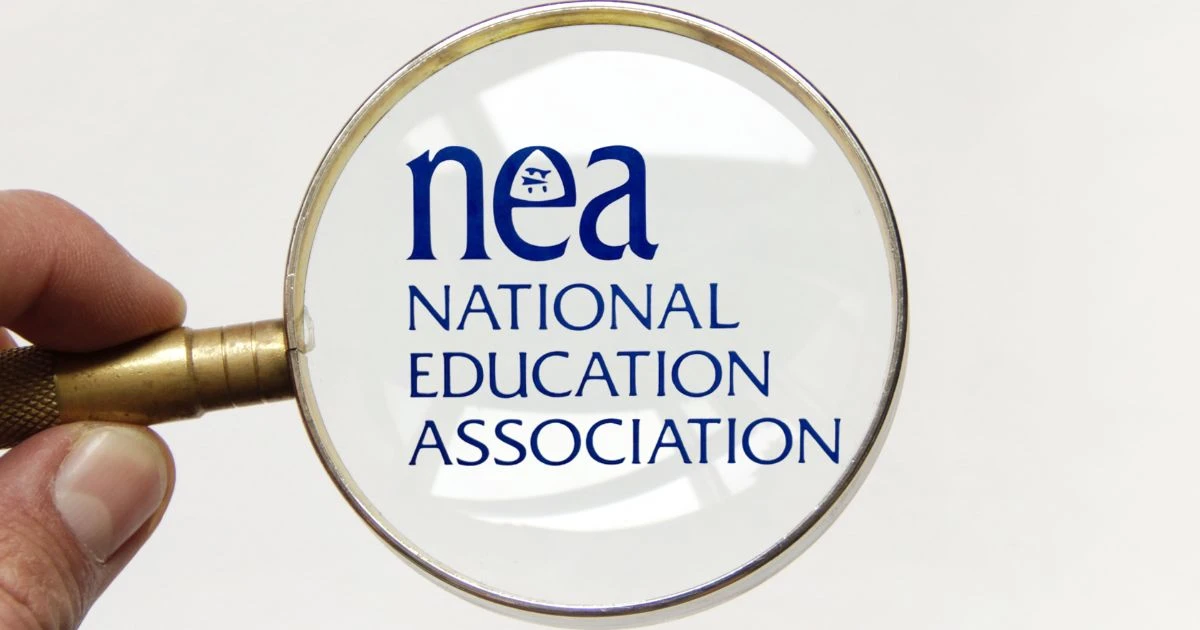The National Education Association (NEA) was once focused on advancing teaching and learning decades ago. Now it finds itself under increased scrutiny as Republican lawmakers push for the revocation of its federal charter. This legislative effort, the National Education Association Charter Repeal Act, raises important questions about the role of teachers’ unions in today’s political landscape and the fundamental mission of the NEA itself.
Founded in 1906, the NEA aimed to enhance the teaching profession and advance education in the U.S. However, critics believe it has become overly politicized, focusing more on partisan issues than on improving educational outcomes. And there is plenty of evidence to support that assessment. It’s involvement in topics like gun control, abortion on demand and social justice has fueled this view.
Senator Marsha Blackburn (R-TN) has remarked that the NEA is a partisan organization that should not receive federal support for promoting ideologies she deems problematic. Senator Blackburn stated: “The National Education Association has made it crystal clear it’s a partisan organization, and it shouldn’t be rewarded with a federal charter that platforms woke gender ideology, antisemitism, and left-wing propaganda. Our students deserve better.”
The recent rejection of a resolution to prioritize student learning reveals a concerning change in the NEA’s focus. JC Bowman, executive director of the Professional Educators of Tennessee, noted: “The NEA now acts as a political machine, supporting Democratic candidates and progressive causes instead of advocating for teachers and students. Teachers deserve better, and associations must remain focused on education and nonpartisan.” in fact, many of the NEA top leadership is also among top leaders and advisors of the Democratic National Committee.
The NEA’s charter status has significant implications. As the only labor union in the U.S. with a congressional charter, the NEA enjoys a unique status, which many argue is undeserved. Critics say that this creates a false sense of legitimacy, enabling the NEA to operate with minimal oversight. To protect the interests of educators and students, reforms such as limits on political lobbying and improved transparency are necessary.
Bowman noted that the impact of the legislative efforts will likely be symbolic rather than significant, as the NEA predates its federal charter, and revocation won’t change its operations. He recommended revising the charter to limit the union’s political activities and align its governance more closely with its educational mission. However, he supported Blackburn’s legislation and welcomed the debate to examine the impact of special interests and dark money on education policy nationwide.
The National Education Association (NEA) Charter Repeal Act terminates congressional authorization of the NEA, effectively removing any implication that the government oversees its operations. This legislation clarifies the NEA’s independence and reinforces that it does not require government endorsement. Click here for bill text.
Without the supposed congressional protection, perhaps actual scrutiny of their activities spending and overlap with the Democratic National Committee might finally be possible.
###
Steve Gill is a political commentator and analyst and publisher of TriStar daily.














